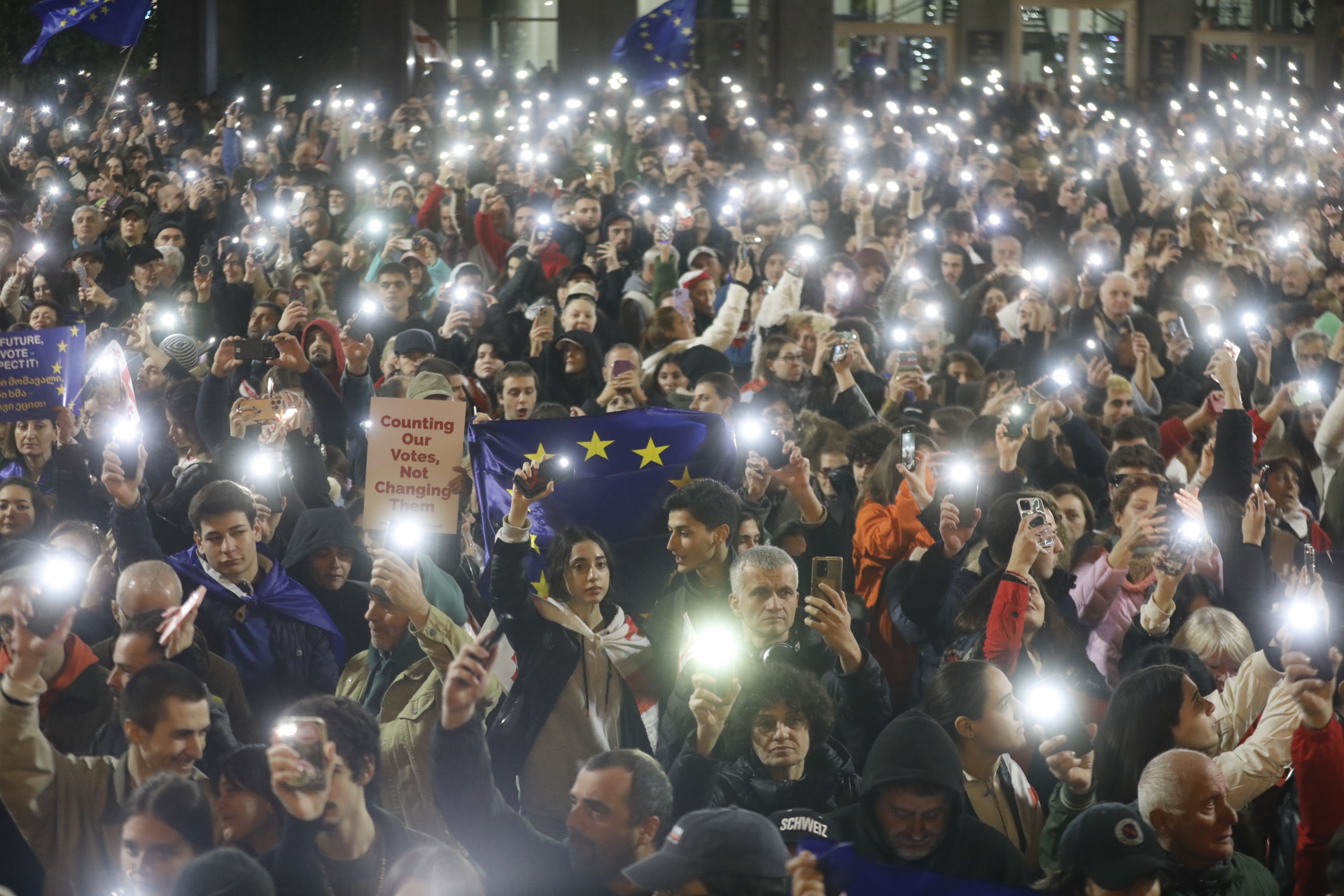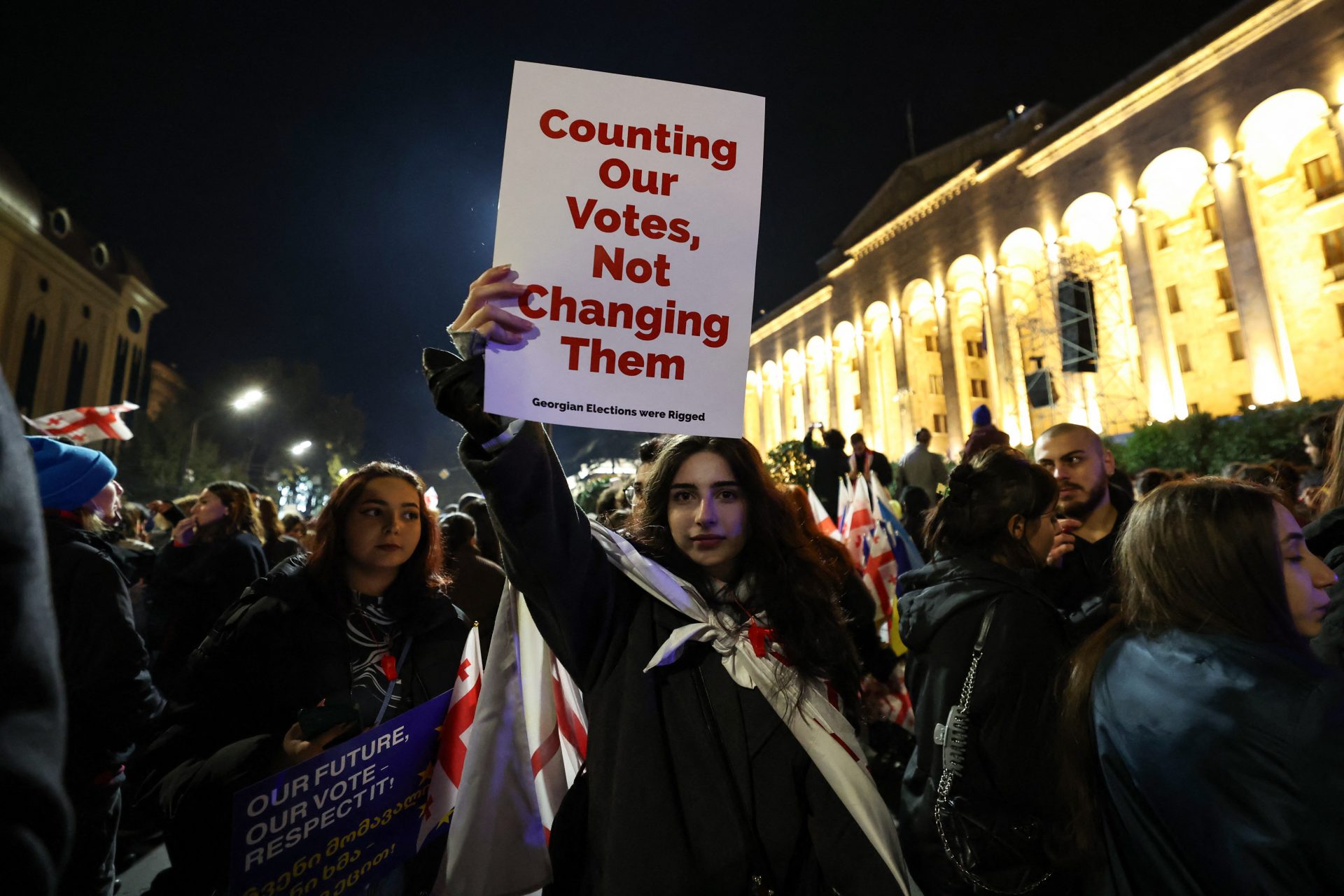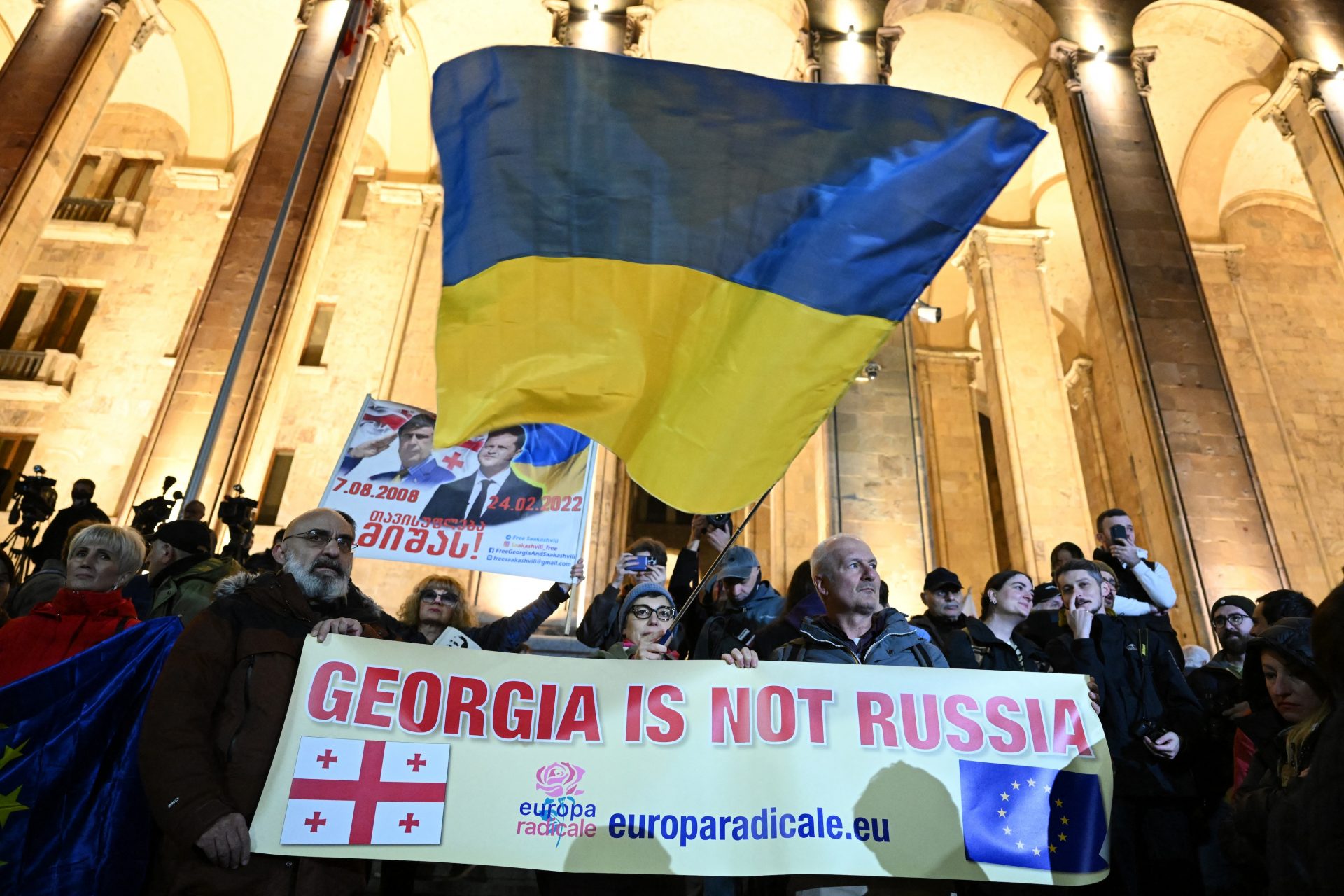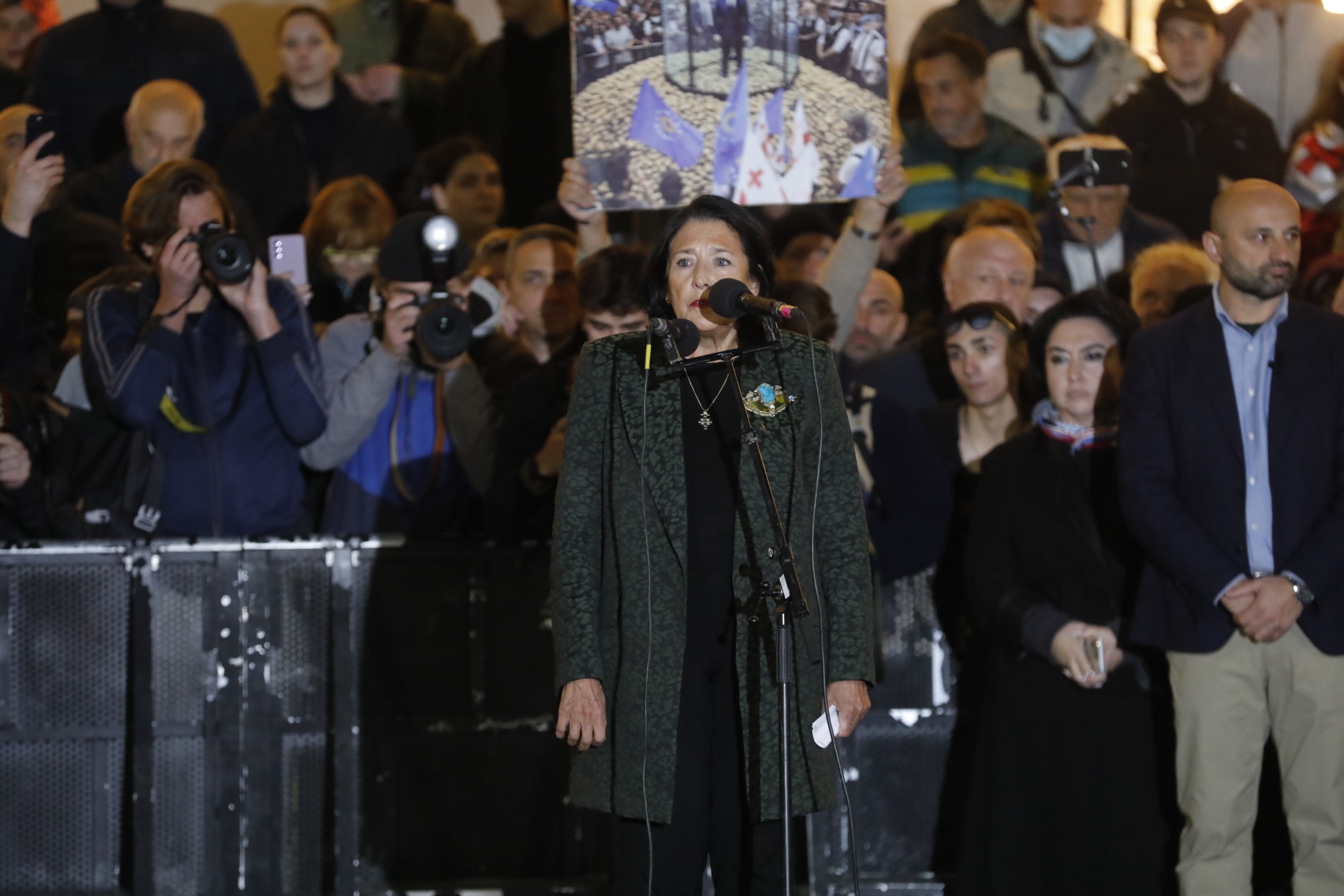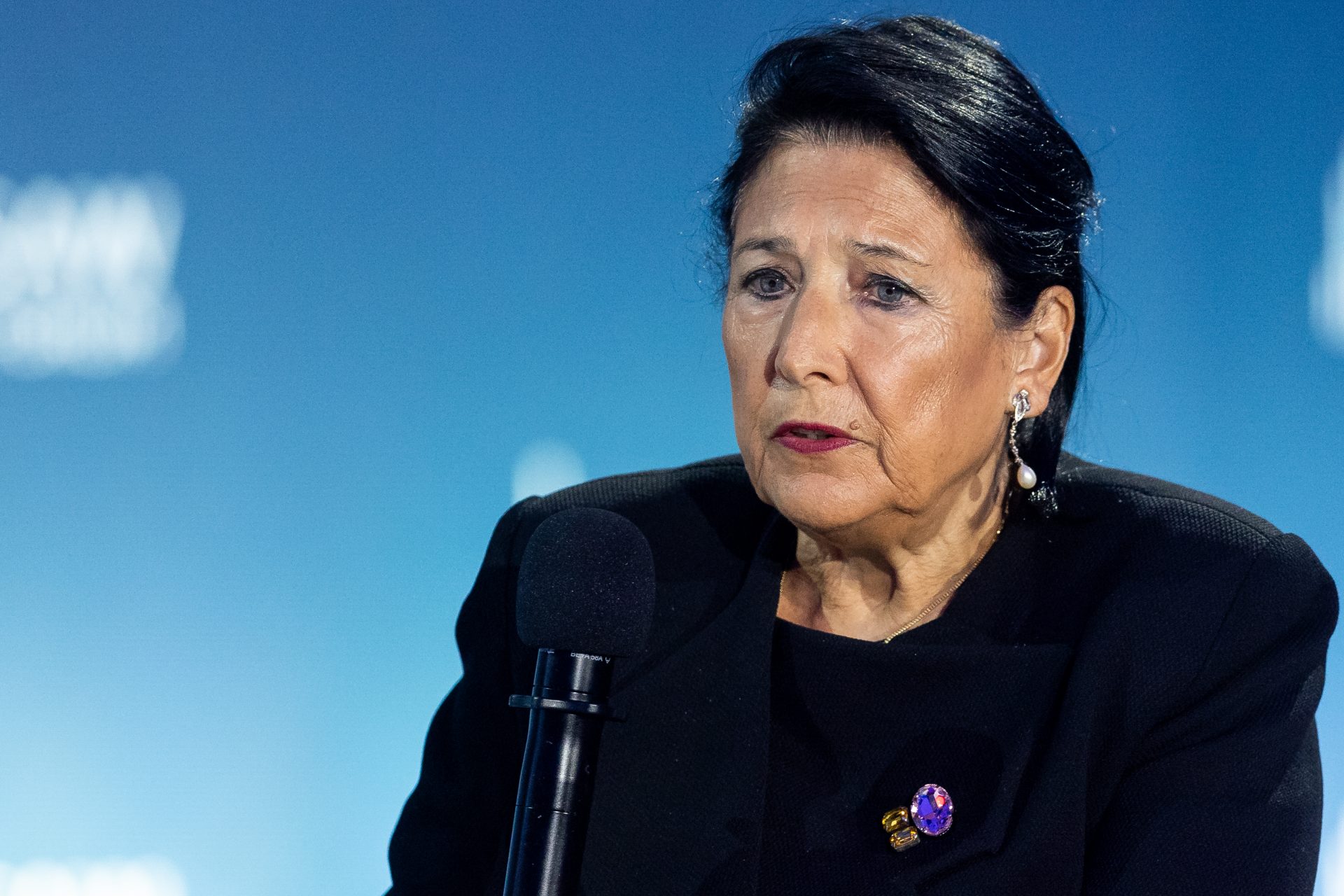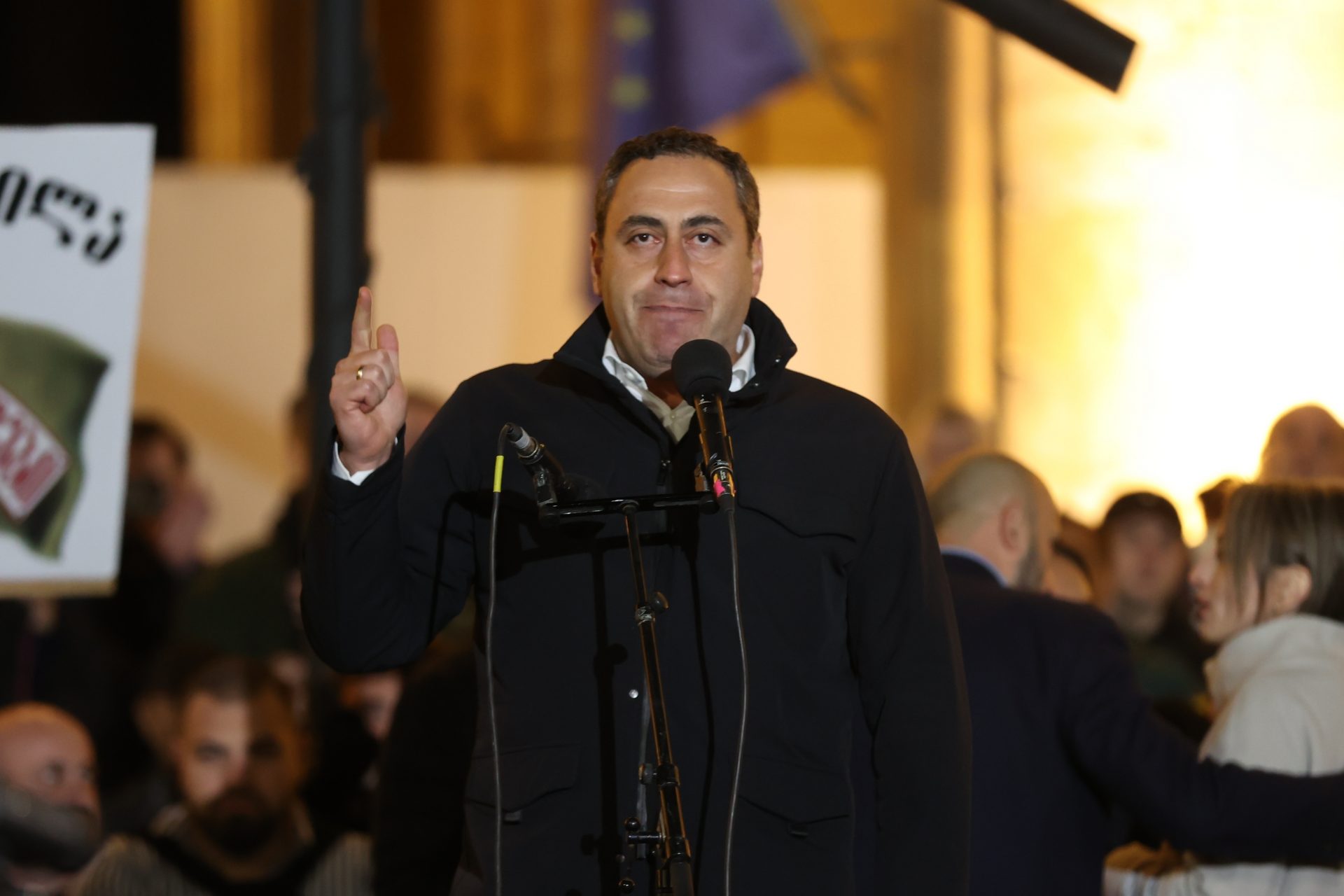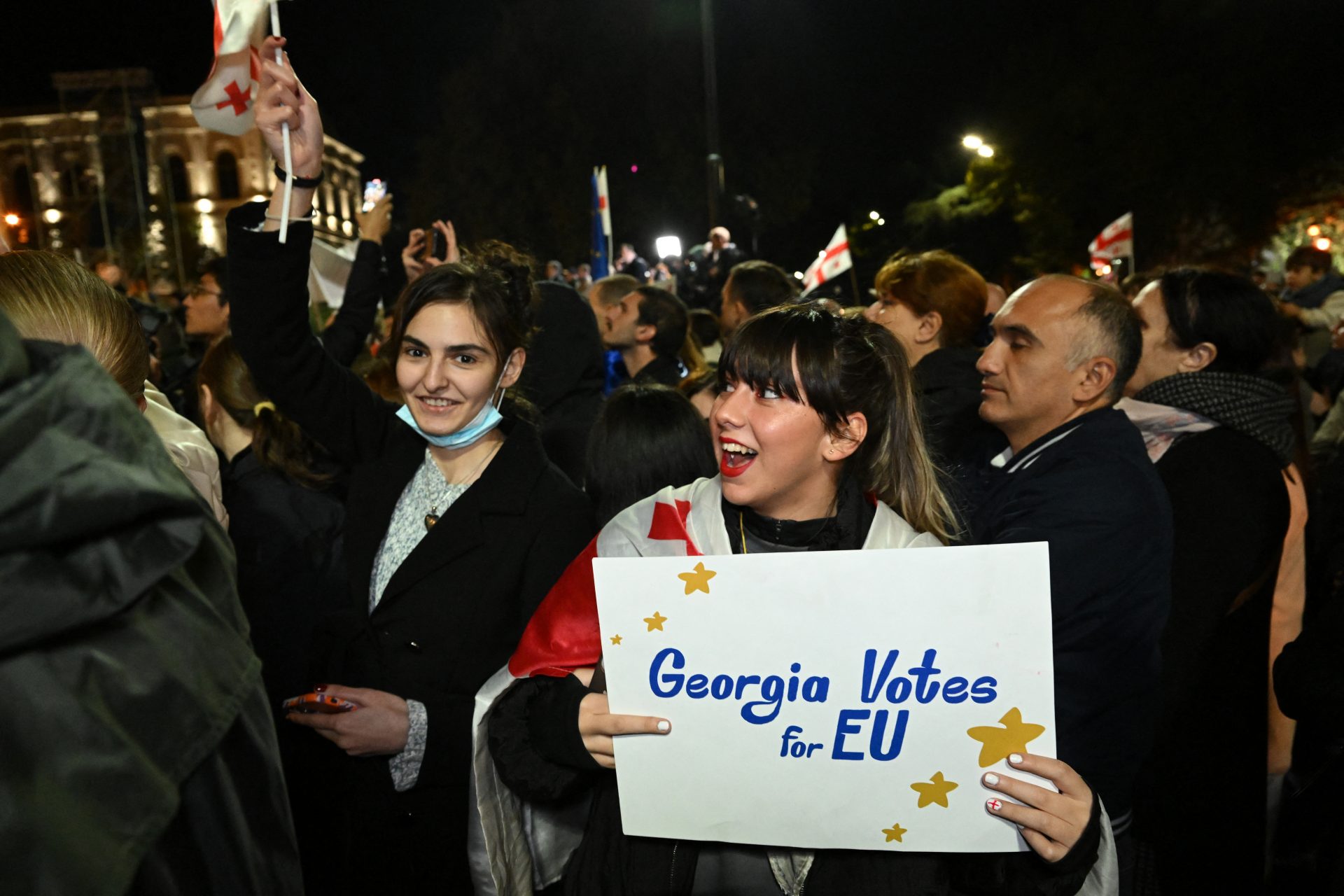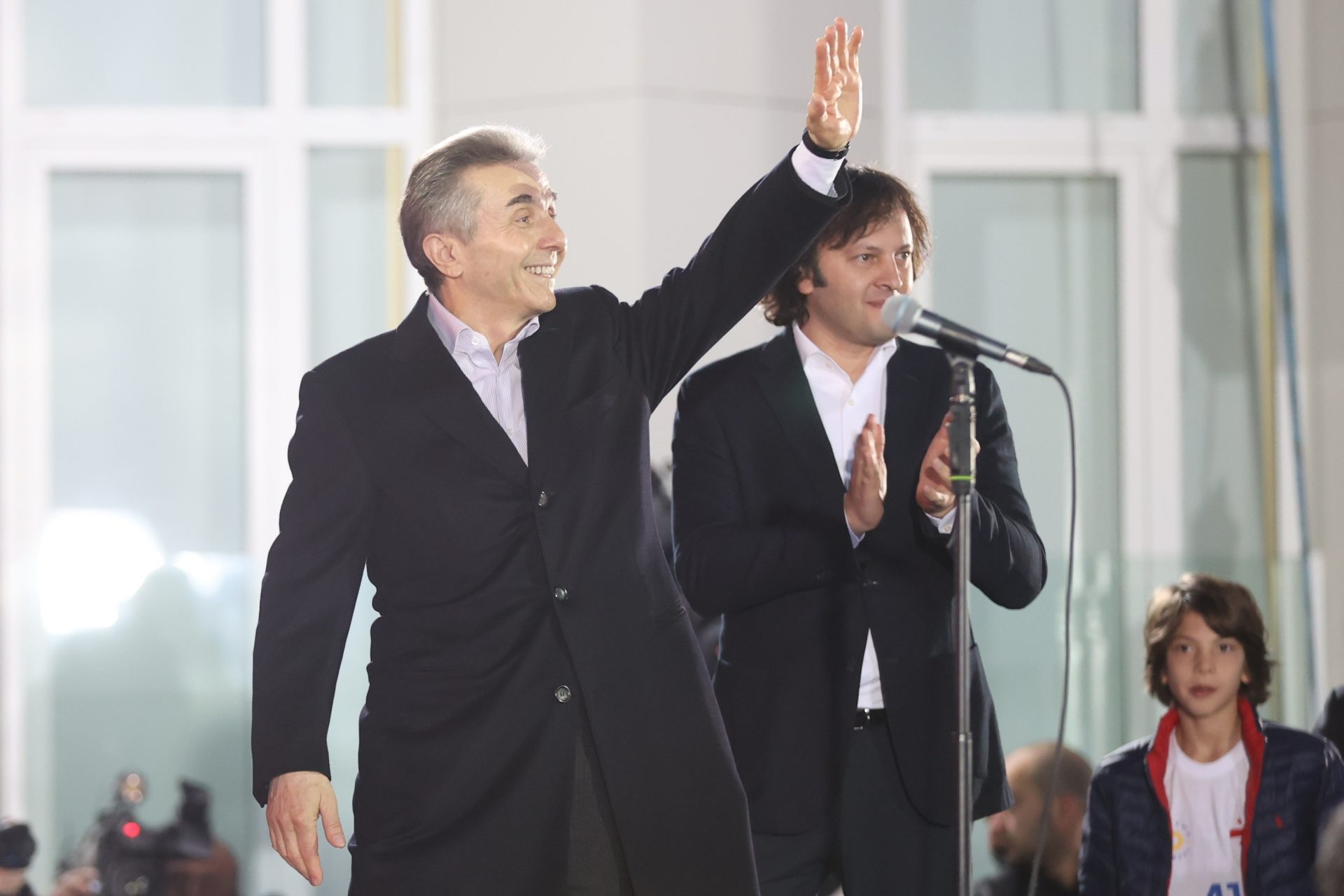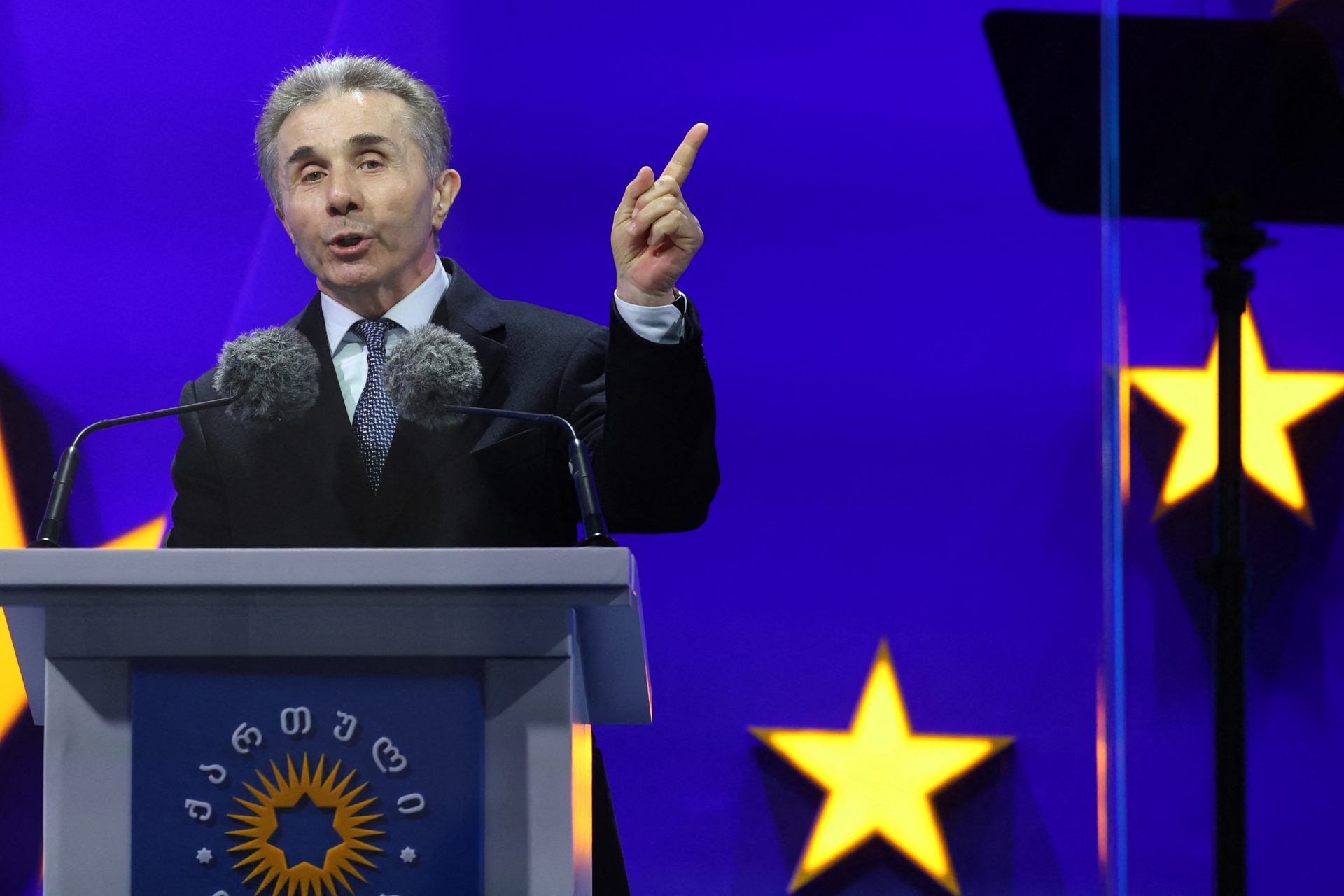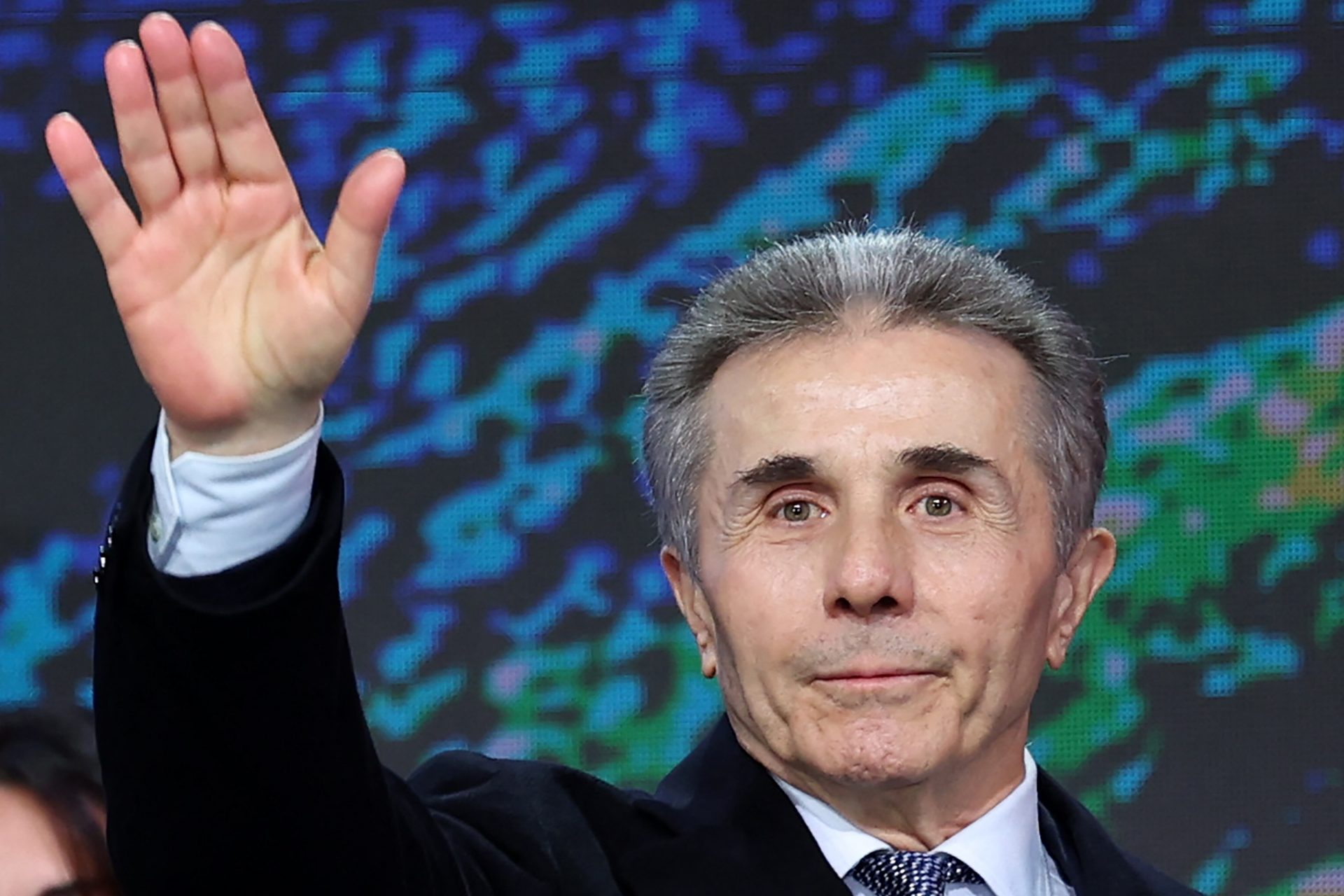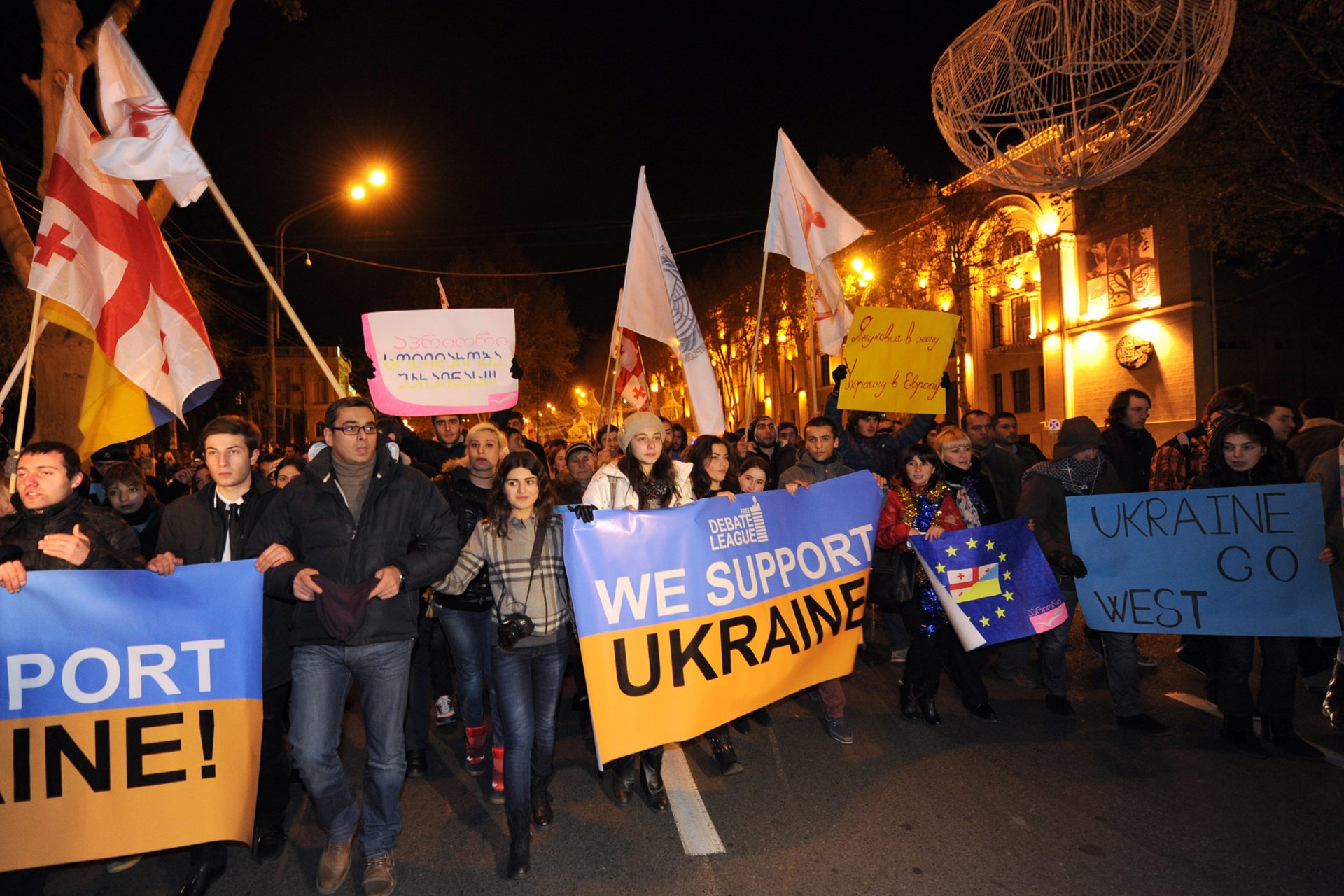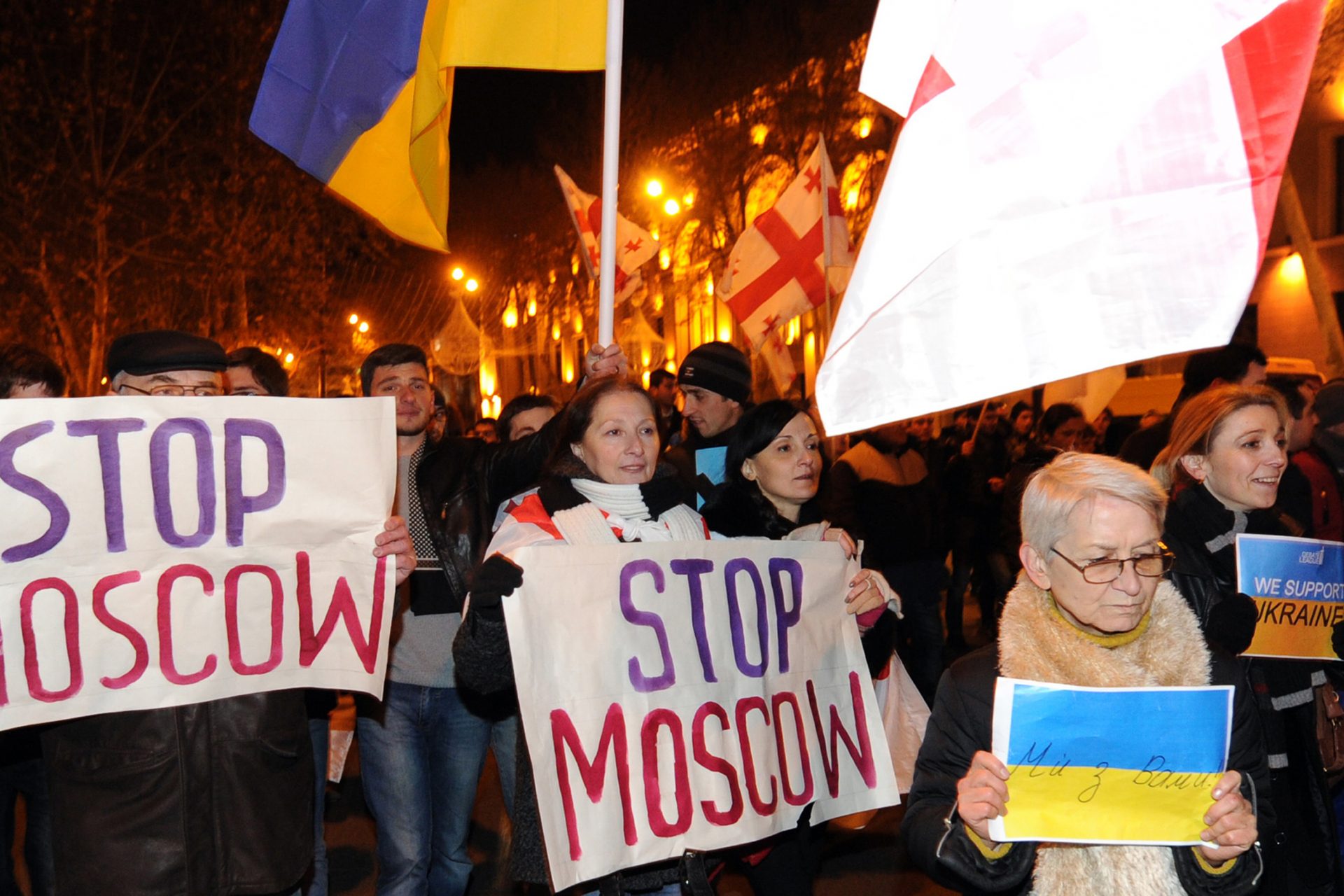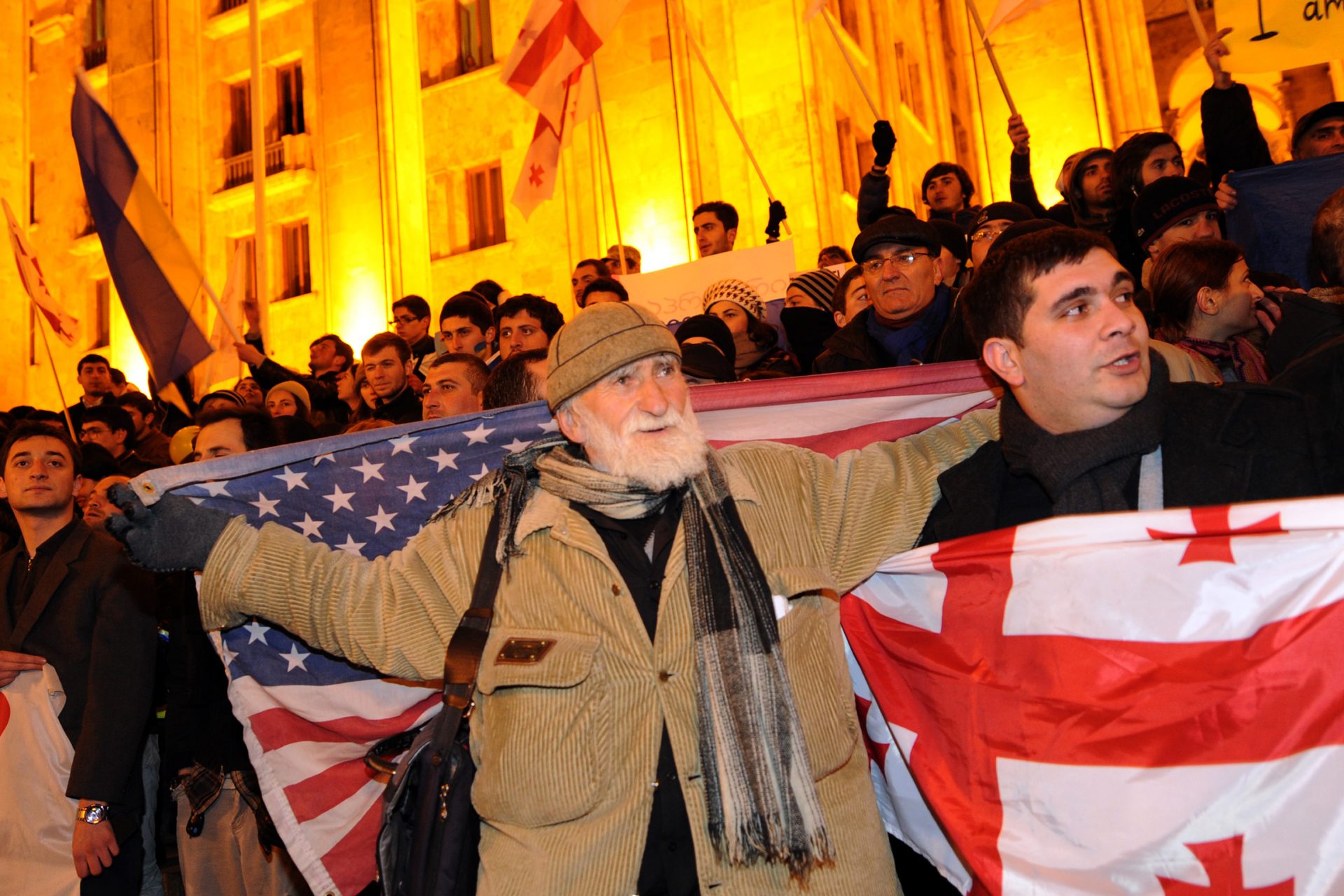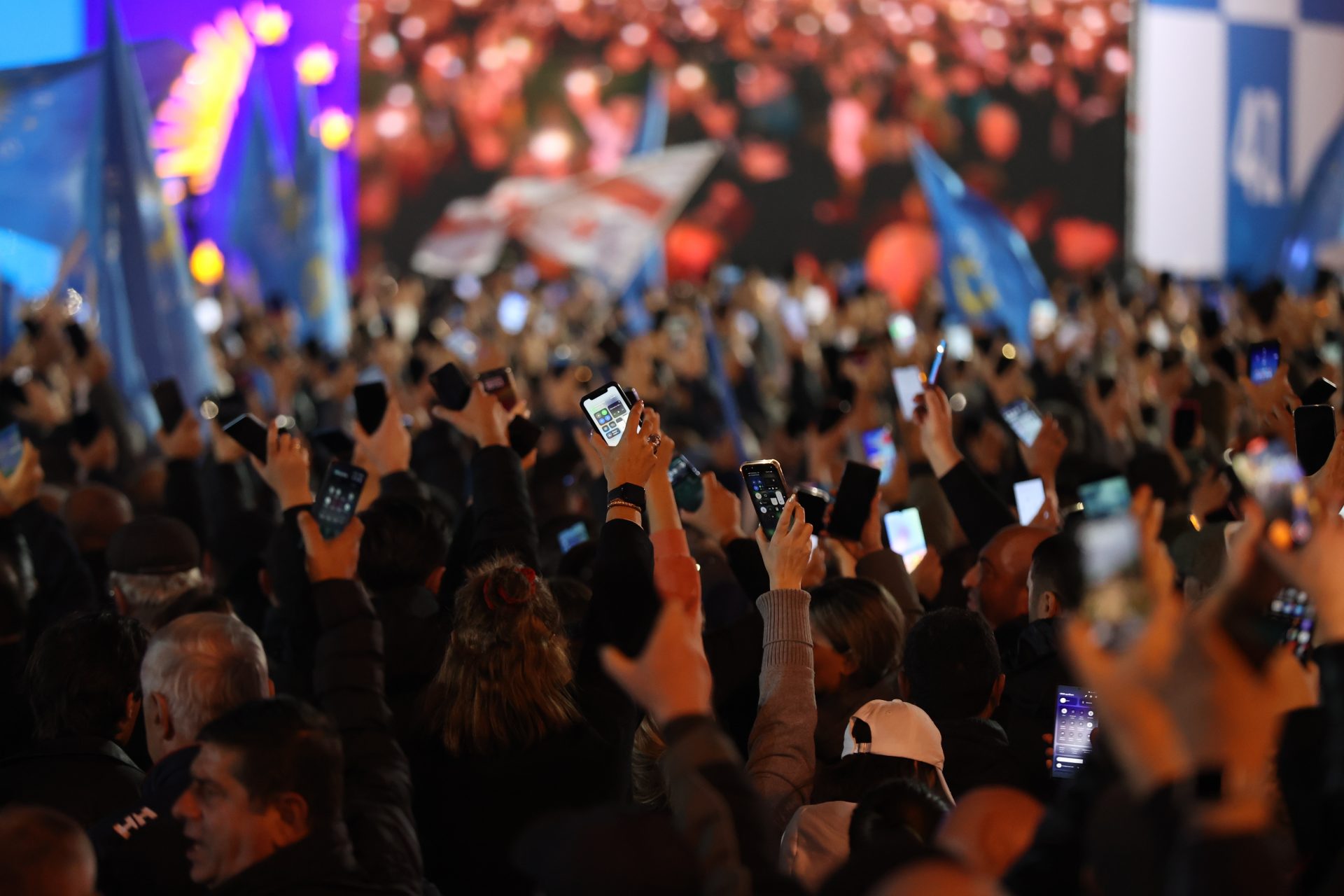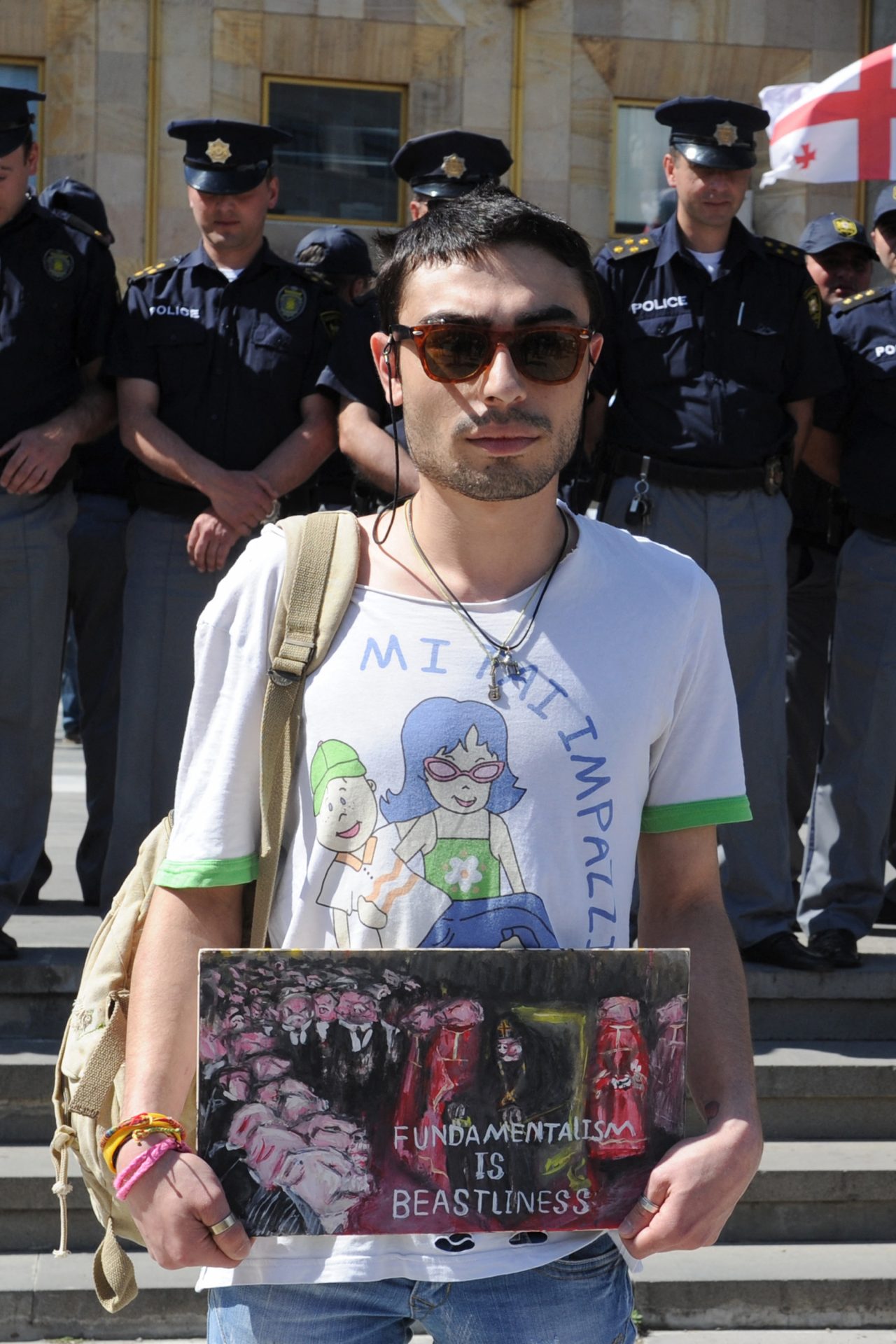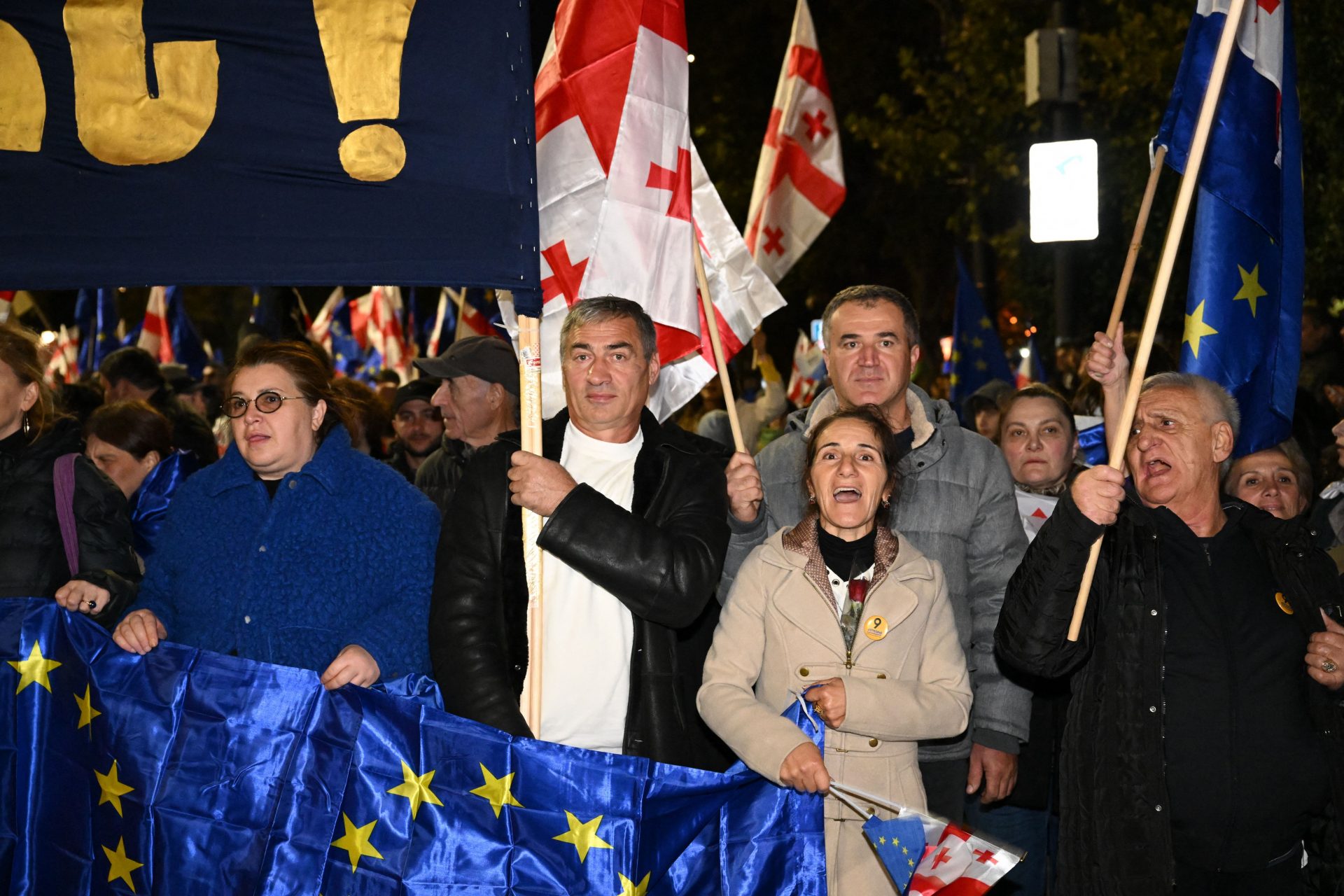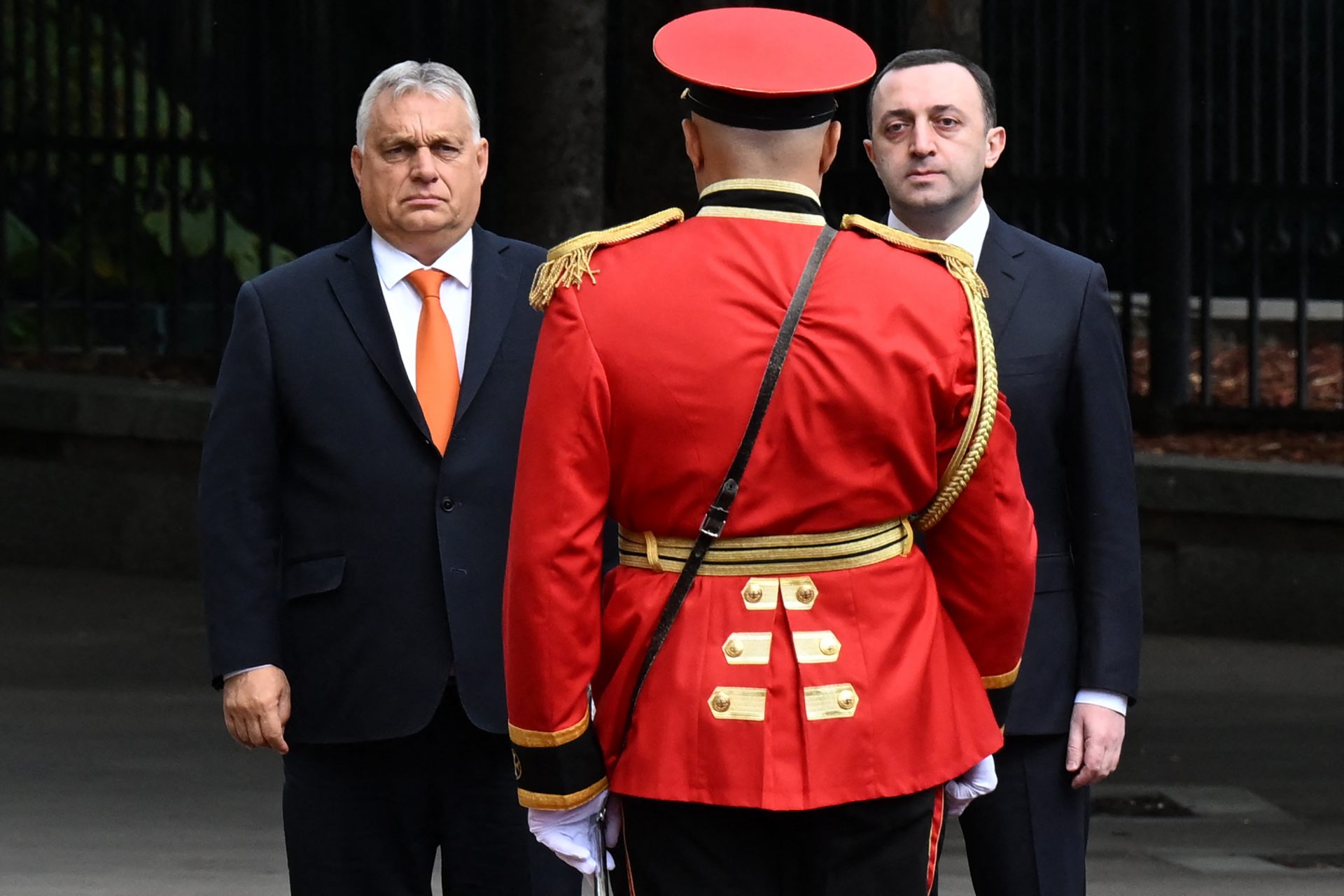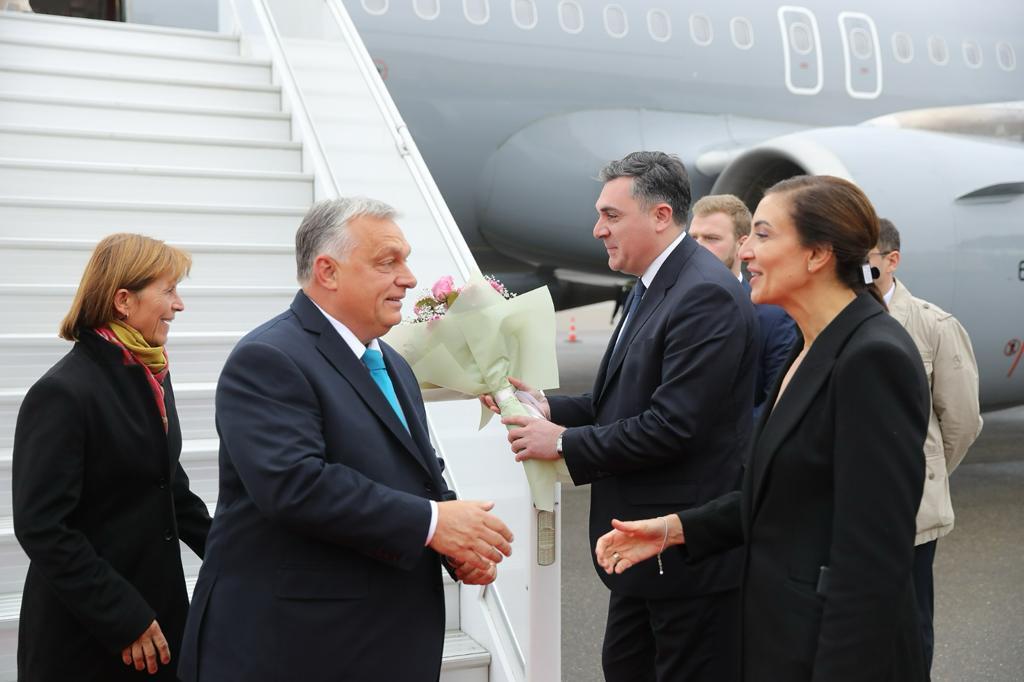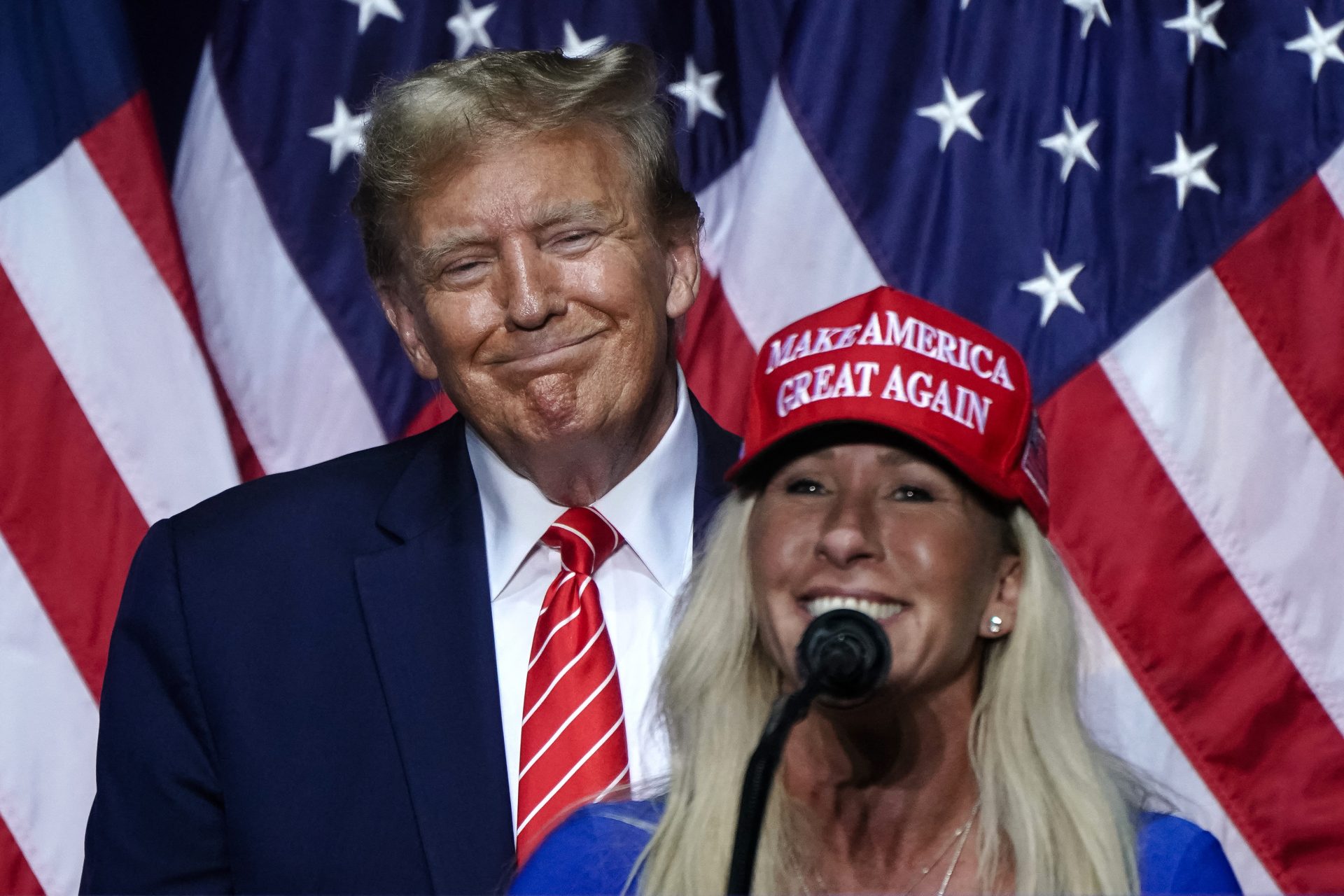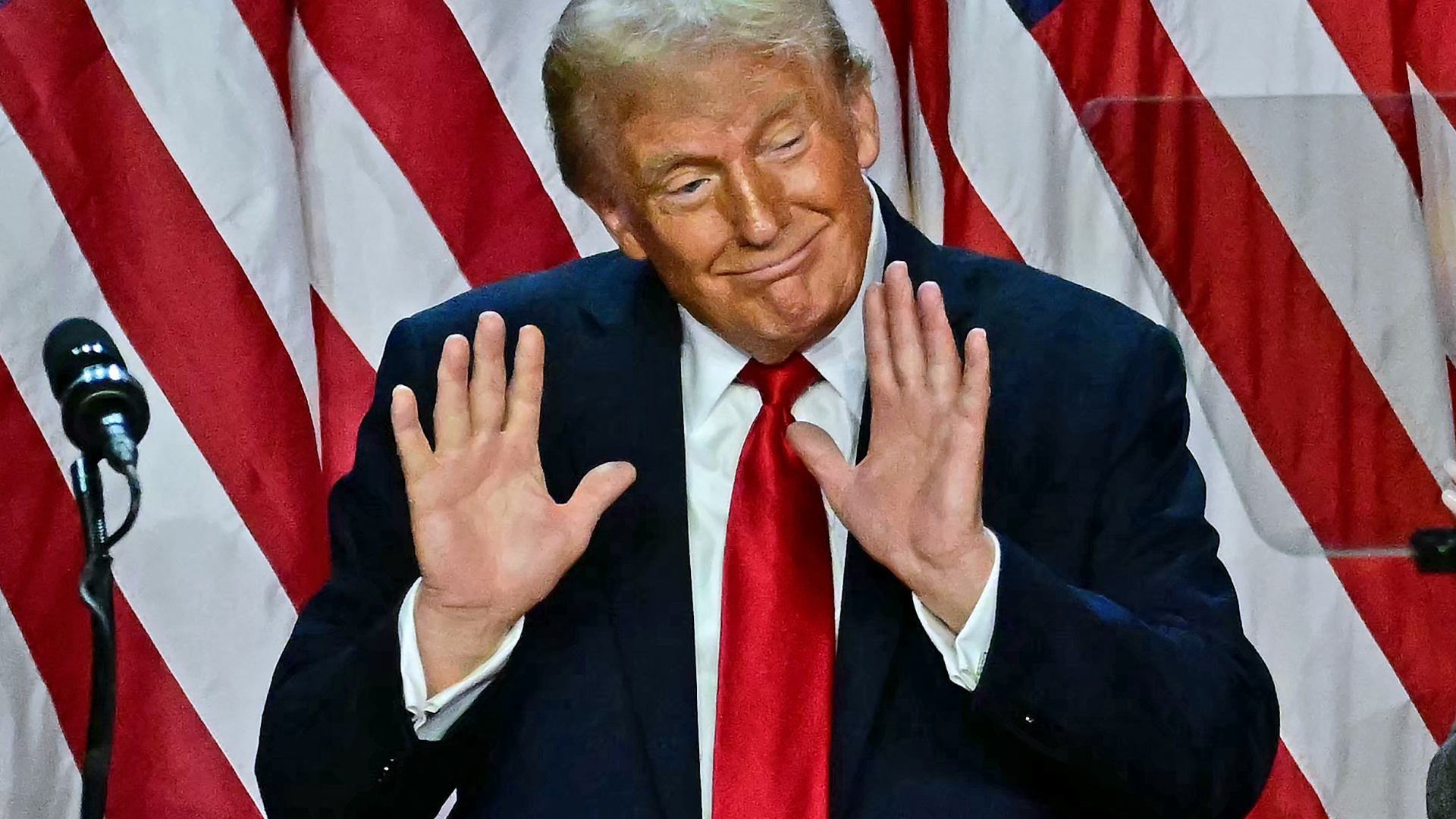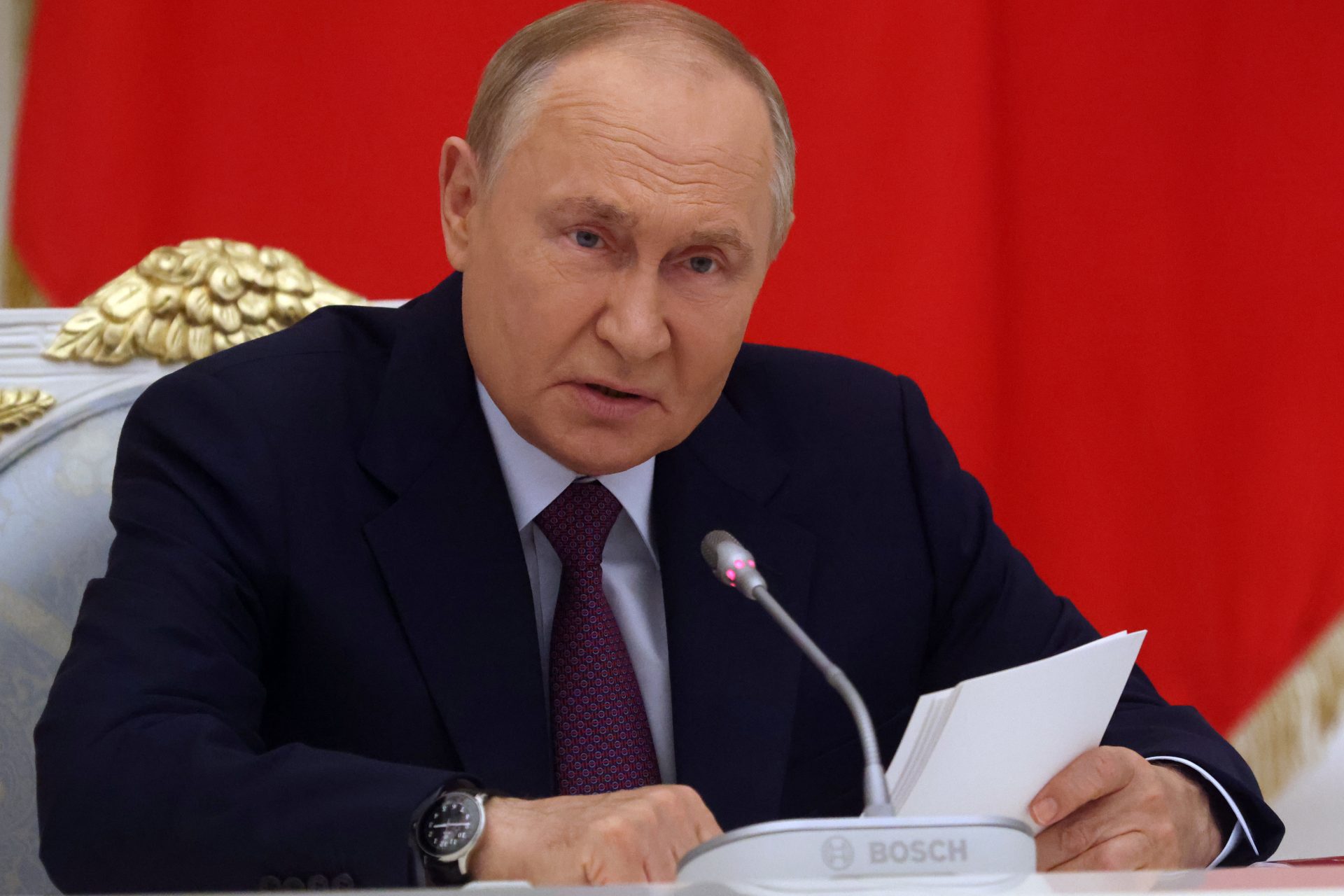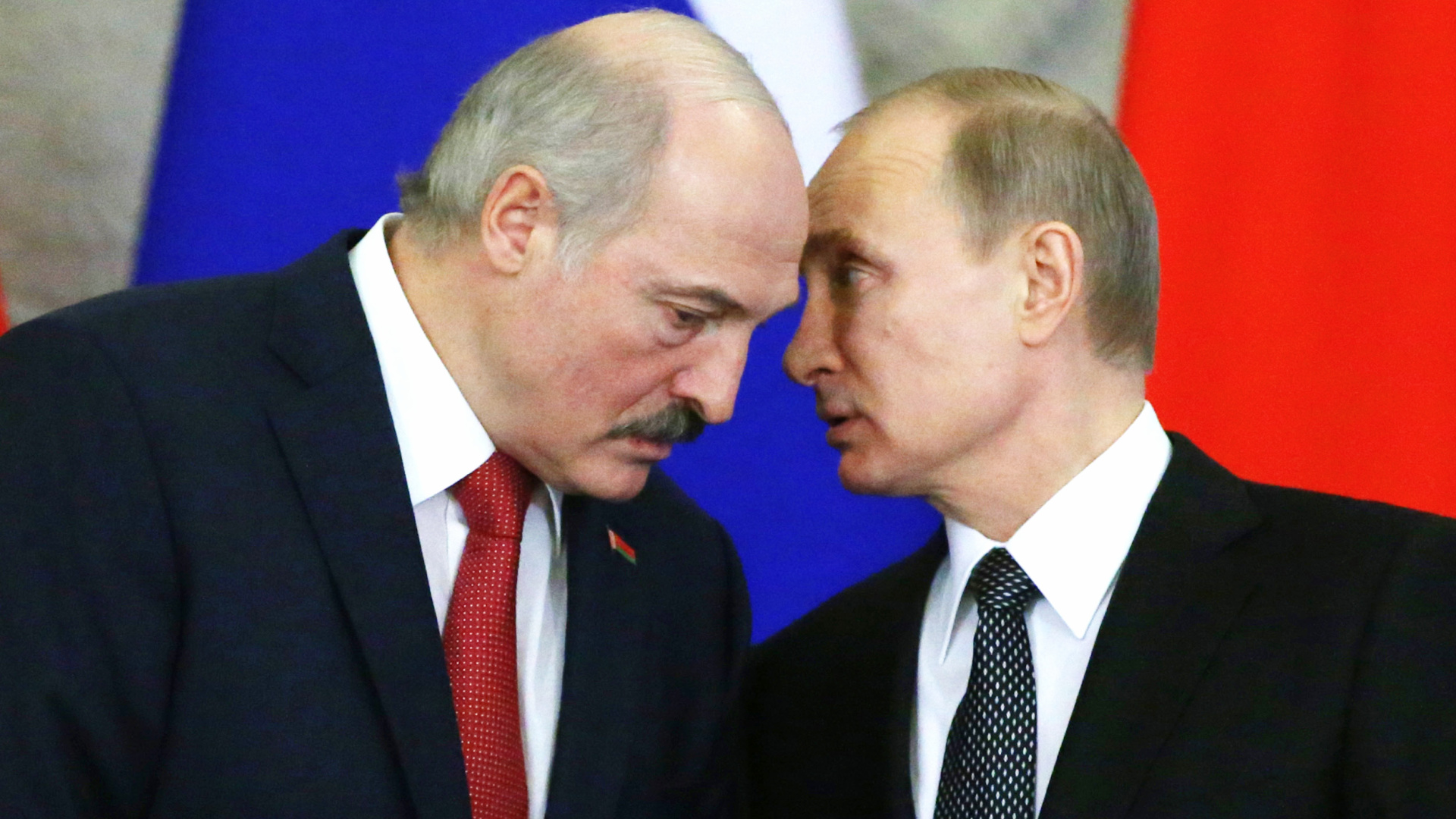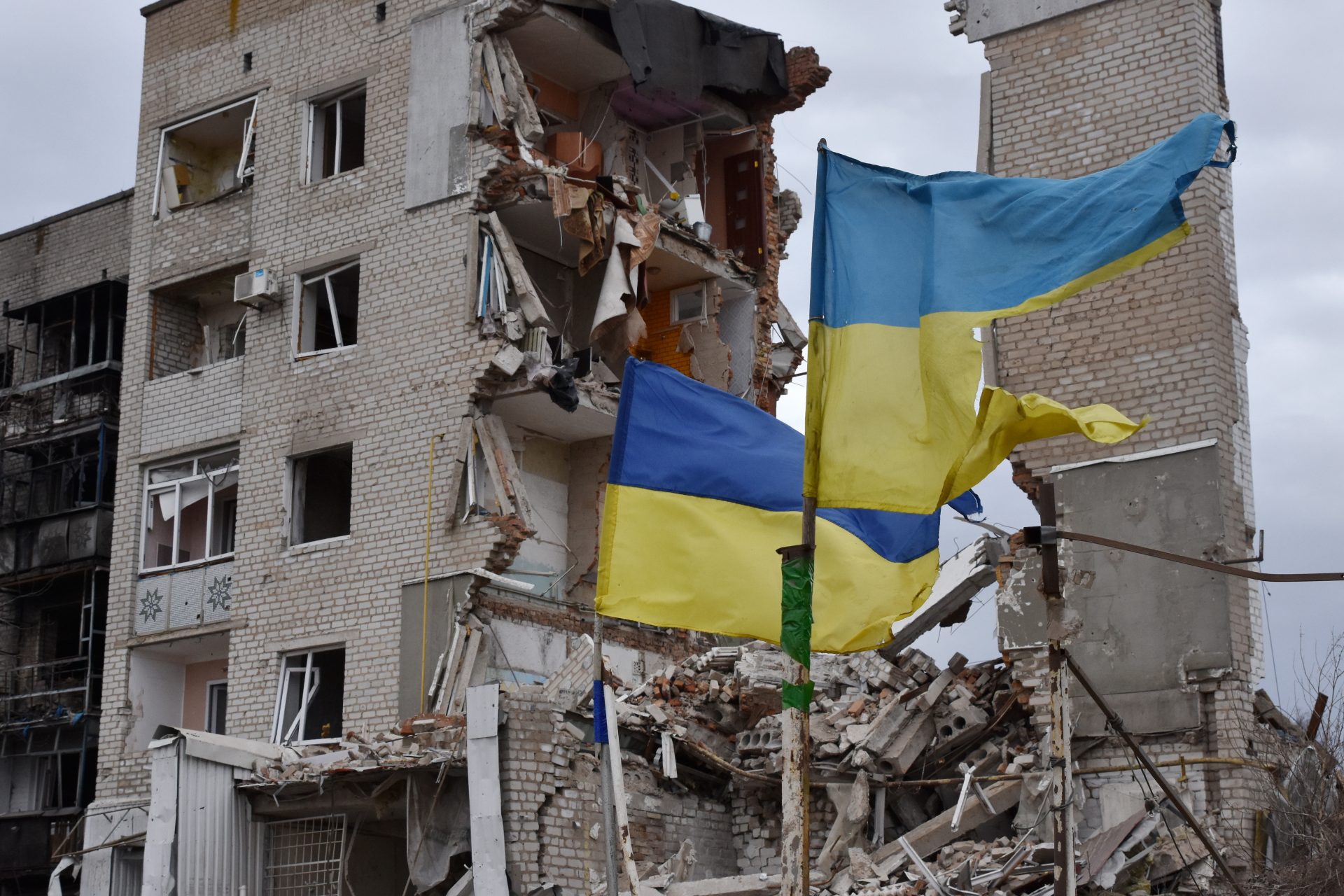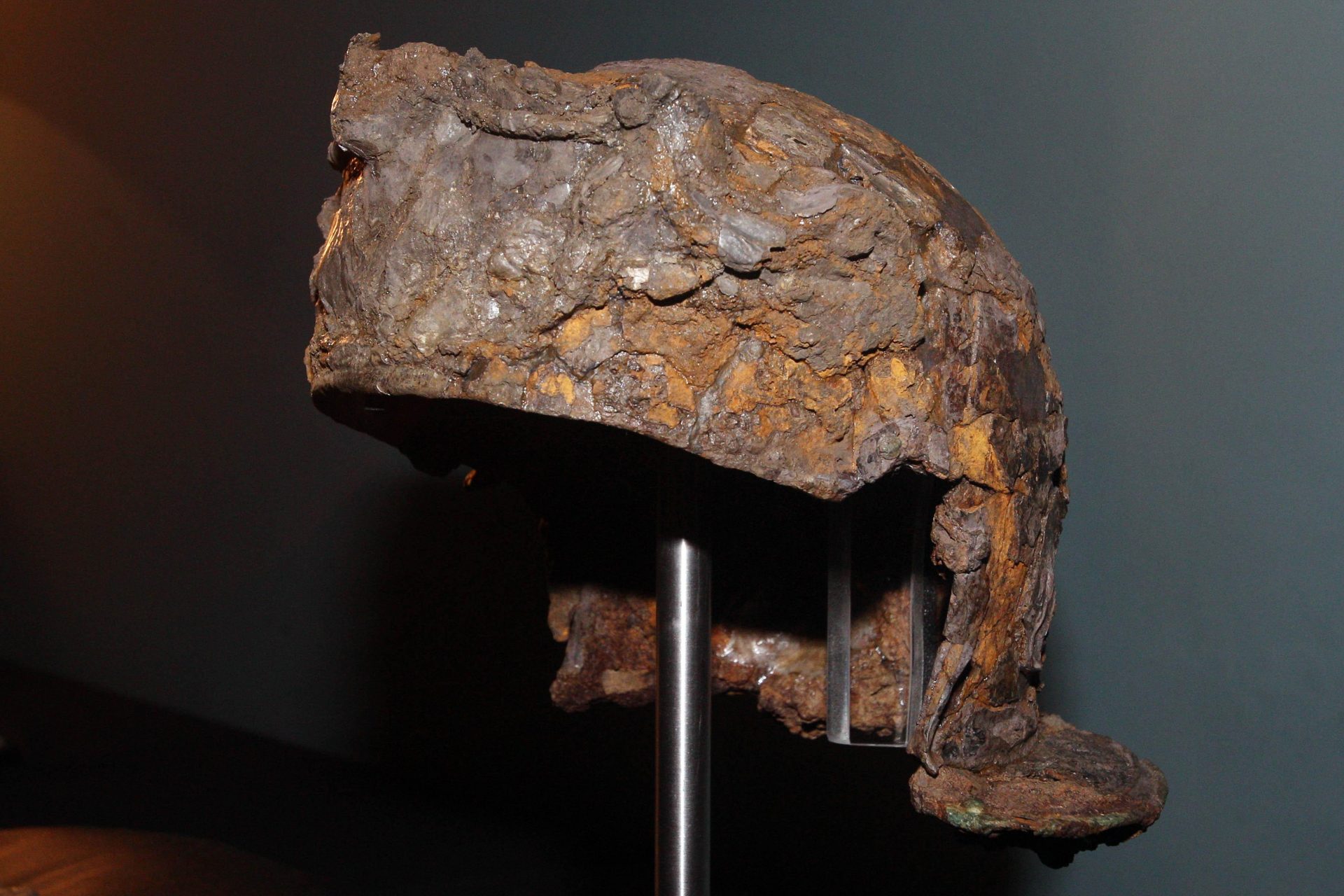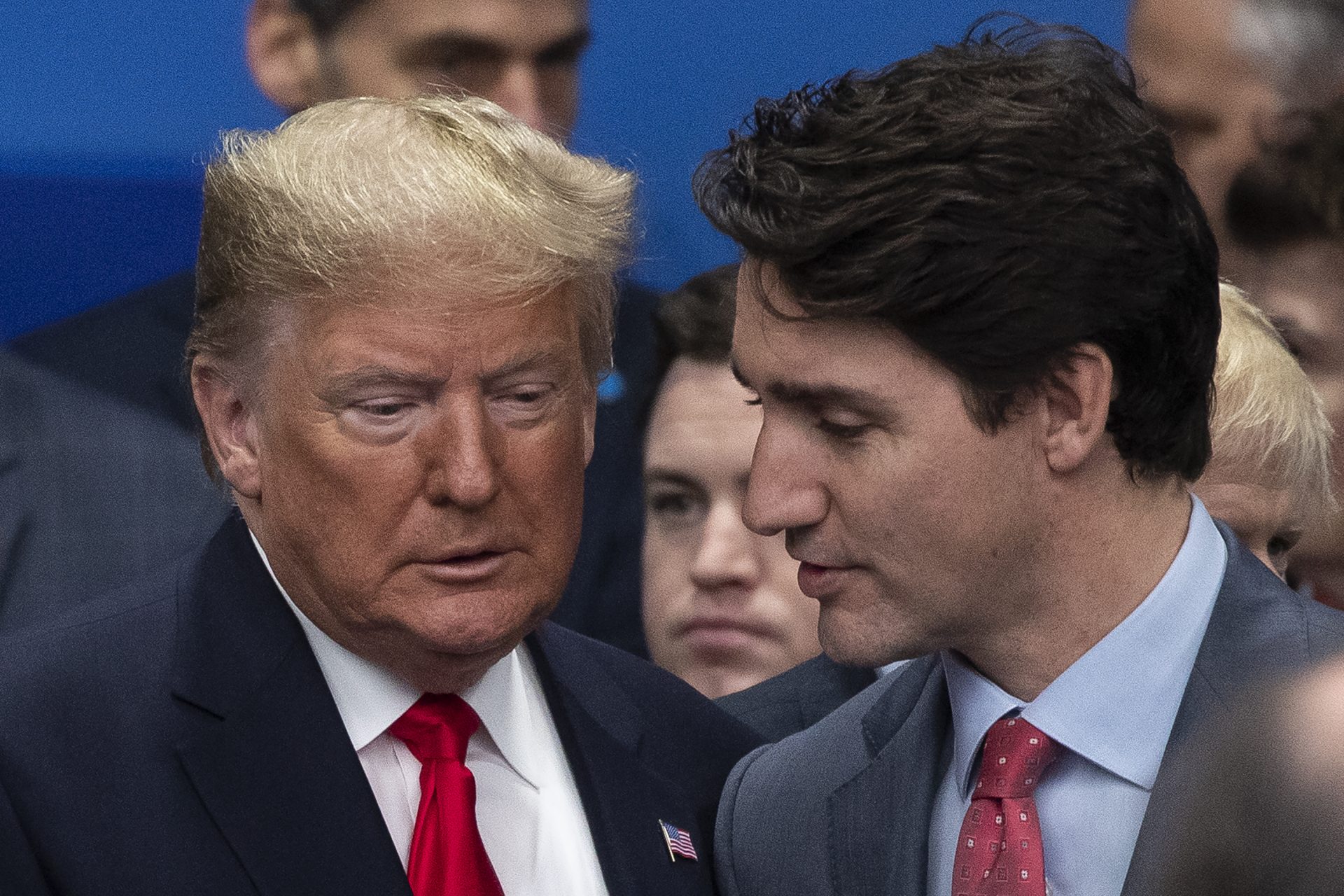Georgia's contested election result rocks the country and tilts it towards Russia
Georgia's increasingly pro-Russian Georgian Dream party claims to have won the parliamentary elections on October 26, sending the Caucasian country into a tailspin.
The ultra-conservative and increasingly authoritarian ruling Georgian Dream maintains it got 54% of the vote, despite polls prior to the election predicting 40%.
Thousands have taken to the streets in the country's capital Tbilisi to protest what they believe is a rigged result with numerous reports of intimidation and irregularities.
The pro-western Georgian president, Salome Zourabichvili, whose role is largely honorary, refused to recognize the result, saying she believed the country had been targeted by "a Russian special operation," The Guardian reports.
“They stole your vote and tried to steal your future. But no one has the right to do that, and you will not allow it,” Zourabichvili told the demonstrators who held EU and Georgian flags.
Opposition leaders told the rally that they were demanding new elections and refusing to take up their seats in parliament in protest.
Should the result stick, Georgian Dream would be given a fourth term governing a population which overwhelmingly aspires to join the EU.
Curiously, Georgian Dream claims to share this particular dream while implementing policies that guarantee failure to fulfil the democratic conditions for membership.
On the eve of the elections, multi-billionaire Bidzina Ivanishvili, who bankrolls Georgian Dream, told thousands of supporters in Tbilisi’s Liberty Square “We choose peace, not war,” the BBC reports, in reference to the Ukraine war and Georgian Dream's determination to stay out of it.
An oligarch who made his money in Russia, Ivanishvili is considered the most powerful man in Georgia with the clout to tilt it towards Russia, despite not being an elected politician.
The government’s pre-election rally was in response to the opposition protest in Liberty Square days earlier when tens of thousands turned out with banners that read “Georgia chooses the European Union.”
The government's petition to join the EU was frozen due to its increasingly authoritarian stance in general and two repressive laws in particular.
The first law to scupper Georgia’s chances was the foreign influence law, passed in May which requires organizations with more than 20% funding from abroad to register as “agents of foreign influence.”
This smacks of Russian legislation that has been used to crack down on protest and suggests a further shift towards Putin’s regime.
Early October, an anti-LGBTQ+ law was pushed through Parliament, banning Pride events, LGBTQ+ flags and introducing censorship on films and books.
The bid to join the EU is supported by 80% of the population, according to a number of opinion polls.
Georgian ex-ambassador to the EU Natalie Sabadnadze has said that Georgian Dream appears to be looking to mirror Hungary’s Viktor Orban-style of government, while painting themselves as the party of peace.
"Georgian Dream wants an absolute majority to dismantle the system and do it legally – like Hungary. But they shouldn't get one,” she told the BBC.
More for you
Top Stories



